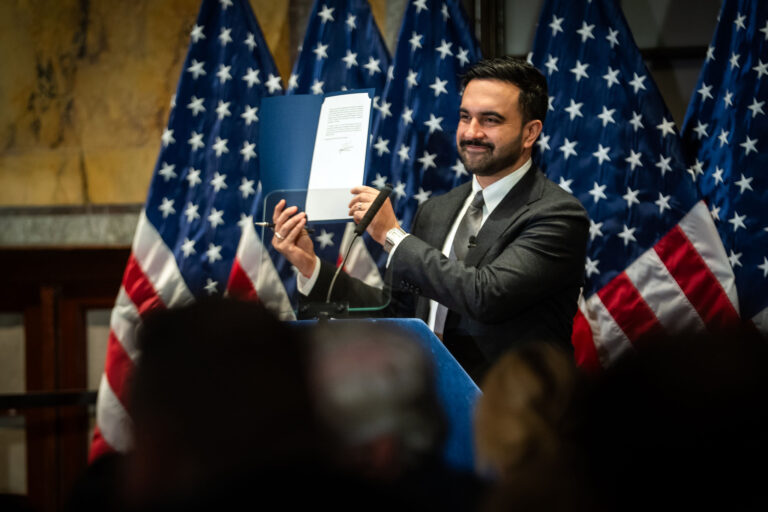Despite getting vaccinated against COVID-19, Colin Powell remained vulnerable to the virus because of his advanced age and history of cancer, highlighting the continued risk to many Americans until more of the population is immunized.
Powell, a four-star general who became the first Black secretary of state and chairman of the Joint Chiefs of Staff, died Monday from complications of COVID-19. Powell, 84, had been treated over the past few years for multiple myeloma, a blood cancer that impairs the body’s ability to fight infections — and to respond well to vaccines.
The COVID-19 vaccines are highly effective against hospitalization and death, and the unvaccinated are about 11 times more likely to die from the coronavirus. But they are not perfect, and experts stress that widespread vaccination is critical to give an added layer of protection to the most vulnerable.
“The more people that are vaccinated, the less we have viral spreading in the community, the less chances of people like him getting infected to begin with,” said Dr. Mangala Narasimhan, chief of critical care at Northwell Health in New York.
Moreover, people with weakened immune systems because of illnesses like cancer — or cancer treatments — don’t always get the same level of protection from vaccinations as healthier people. Several studies have found as few as 45% of people with multiple myeloma may develop protective levels of coronavirus-fighting antibodies after getting the vaccine.
Age also is a risk, especially months after someone is first vaccinated. The Centers for Disease Control and Prevention has tracked dips in protection, especially among older Americans who were among the first people vaccinated last winter. The reduced protection is the result of either waning immunity or the extra-contagious delta variant.
Dr. Ed Lifshitz, medical director of the Communicable Disease Service at New Jersey’s Health Department, took issue with those who might point to Powell’s death to argue against getting vaccinated.
“My answer is really just the opposite,” he said. “The way that you help those who are most vulnerable is by not letting the virus get to them in the first place, and the best way to do that is to go out there and get vaccinated.”
The U.S. government has authorized an extra dose of the Pfizer or Moderna vaccines for people with weakened immune systems to try to improve their response.
And last month U.S. health authorities urged booster doses of the Pfizer vaccine for everyone 65 and older once they are at least six months past their initial vaccination, along with other people at high risk. Boosters also are being considered for recipients of the Moderna and Johnson & Johnson vaccines.
It was not clear if Powell had received an extra dose.
Kathy Giusti, founder of the Multiple Myeloma Research Foundation, recalled meeting Powell when he spoke to the advocacy group about his diagnosis in 2019, and he “connected with every patient, caregiver and doctor in the room.”
In a statement, she said that in addition to vaccinations, cancer patients should consider other precautions such as sticking with masks and avoiding crowds.











